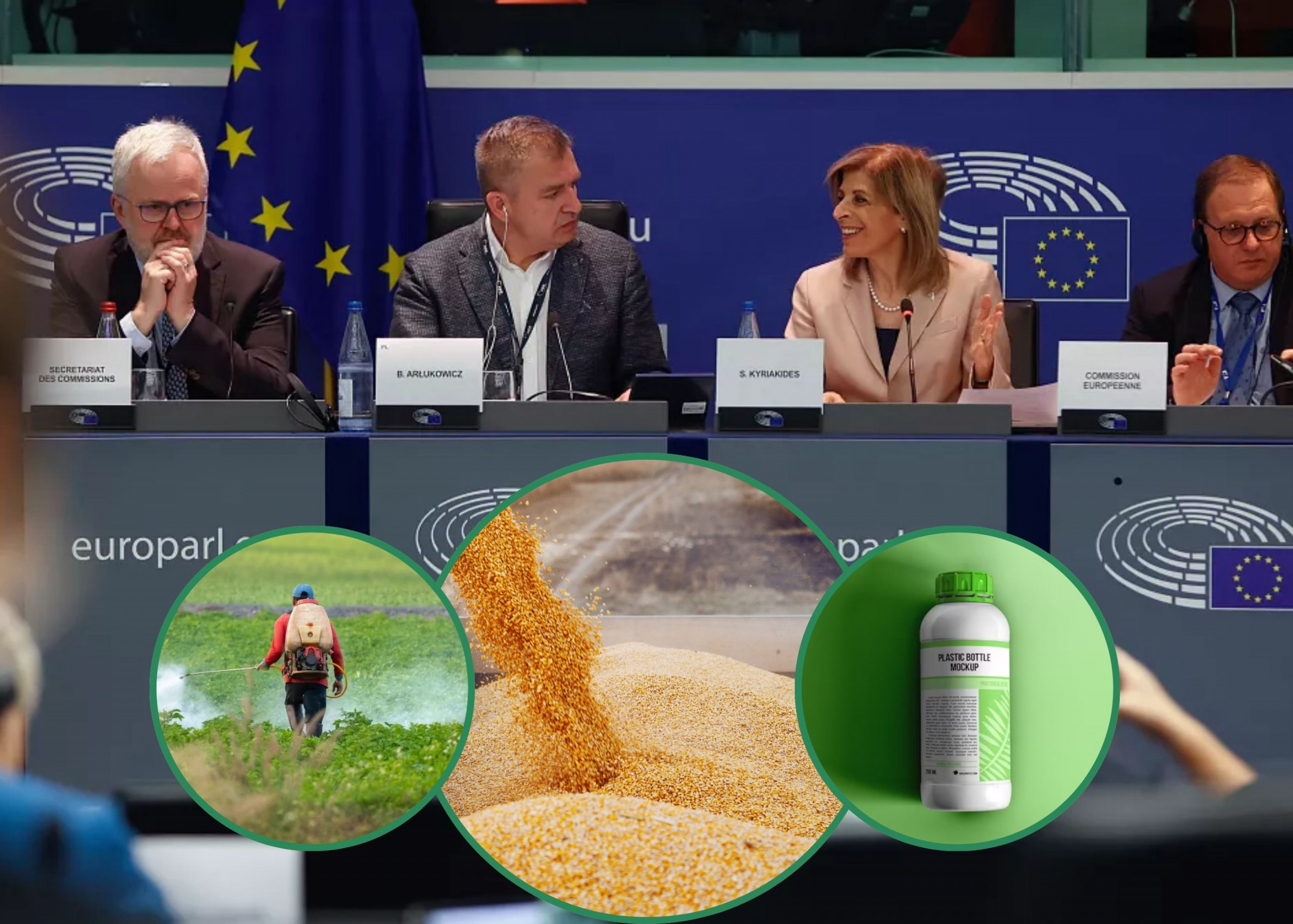News in brief:
– The European Parliament has rejected proposals to increase pesticide residue limits on imported food, prioritising the health of European citizens.
– MEPs are now pushing for zero tolerance of pesticide residues in food imports, a stance that is gaining momentum.
Members of the European Parliament (MEPs) have rejected proposals to adjust the limits of pesticide residue permitted on imported food. During a session on Wednesday, September 19 2024, the parliamentarians showed that they were prioritising the health of Europeans with an overwhelming voice.
A news coverage reports that the Commission had put forth two different proposals that were turned down unequivocally.
One was regarding the fungicide cyproconazole, used on cereal crops, coffee, sugar beet, fruit trees and grapes, and peanuts; and spirodiclofen, used on on citrus, grapes, pome fruit, stone fruit, and tree nut crops.
The other proposal was concerning concerning benomyl, used to control diseases of fruits, nuts, vegetables, and ornamental plants; carbendazim, a fungicide used to control plant diseases in cereals and fruits, including citrus, bananas, strawberries, macadamia nuts, pineapples, and pomes; and thiophanate-methyl, a fungicide used on tree, vine, and root crops.
In one statement, one of the MEPs leading the resolution, Christophe Clergeau (FR, S&D), told the press that their decision showed that they are prioritising health of Europeans and protetcting farmers from additional competition that increasing the limit could cause.
While the rejection means that the proposal will be withrawn, the MEPs are taking things a notch higher. They are pushing to set all maximum residue levels (MRLs) to technical zero (0.01 mg/kg), meaning that the bloc will not tolerate any food imports with traces of pesticides.
The movement seems to be gaining ground as the Commission agreed to lower the threshold for about 97% chemicals but remained resolute to keep the tolerance levels as they are for some others.
This rejection is similar to the one that came in January 2024 when the country representatives disagreed on lowering the standards on imports from third countries. An approval would have likely seen countries like Nigeria and South Africa increase their exports to the region.
In addition, the MEPs decision is a wake up call for producers to increase their standards on food items to be exported in order to pass the checks to access the Eu’s €1.2 trillion market.



